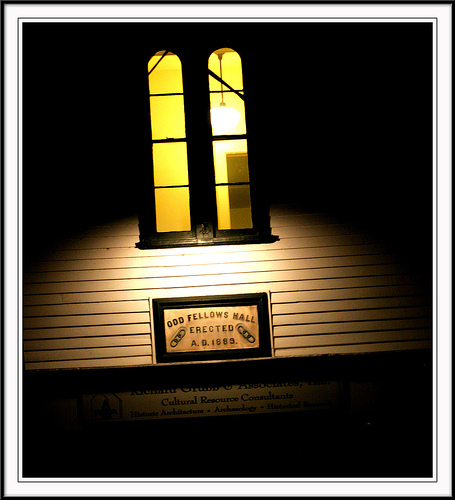All this week, I have been battling a terrible cold. The cold began innocently enough – a little tickle in the back of my throat, lethargy at 10 am, that kind of thing. I don’t get sick often and I had forgotten how rotten a cold can be, how paralyzing and depressing. As I sat on the couch on Monday, unable to sleep but near tears because I felt so bad, I got angry.
This cold was screwing up my holiday season.
I put on a Harry Connick Christmas cd in an effort to lift my spirits. I positioned myself on the couch so I could see our Christmas tree. I even made myself a cup of hot chocolate and sprinkled copious amounts of mini-marshmallows on top of it, but to no avail. The cold wanted nothing to do with Christmas. In fact, putting forth the effort to be more Christmasy in the midst of my malaise only made me feel worse.
Right now, as I write this, I am in recovery (though not quite recovered) and therefore in a more genuinely festive mood. I’ve chosen to work this morning at our neighborhood Caribou, and from the window by which I am perched I can see a little girl wearing a pink jacket over a red, plaid Christmas dress (white tights, black patent leather shoes) chasing a bird. She is with her mother, and when they walk into the coffee shop – to meet the girl’s dad, who looks overjoyed when they appear – everyone smiles at them.
For some reason, seeing this happy family makes me feel more spirited than I have all week, and there is no Christmas tree in sight, nothing truly holiday-inspired here except for a fake, too-hot fire in the center of the room and the lingering sound of a muffled, poorly sung “Feliz Navidad” (mixed with the grinding, steamy latte-making sounds coming from the Barista).
This simple scene reminds me to slow down; to allow my body to mend itself; to stop trying so hard to make Christmas happen; to sit and wait for spirit-lifting scenes to appear in surprising places and forms.
I am a huge fan of the holiday season – even at its most crazy points – but, as I emerge from my cold-induced stupor, I wish for you the kind of Christmas that allows you to rest, to look out a window and watch a little girl chasing birds. I hope for you cold weather, a warm dog at the end of your bed, and good health. And while you’re celebrating, have a holiday toddy for me – Baby K’s a bit too young for bourbon-spiked eggnog.




